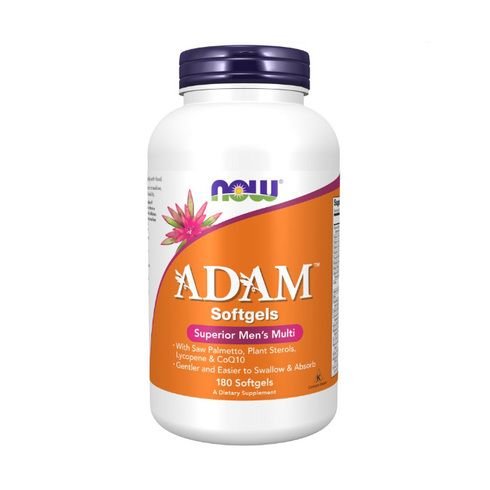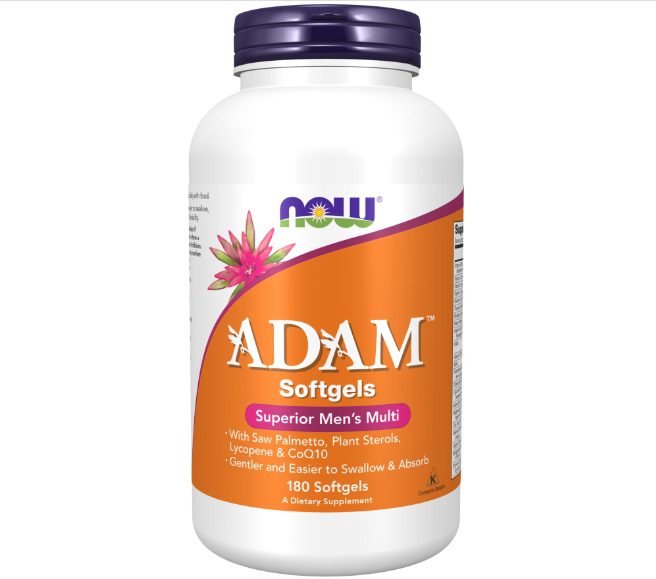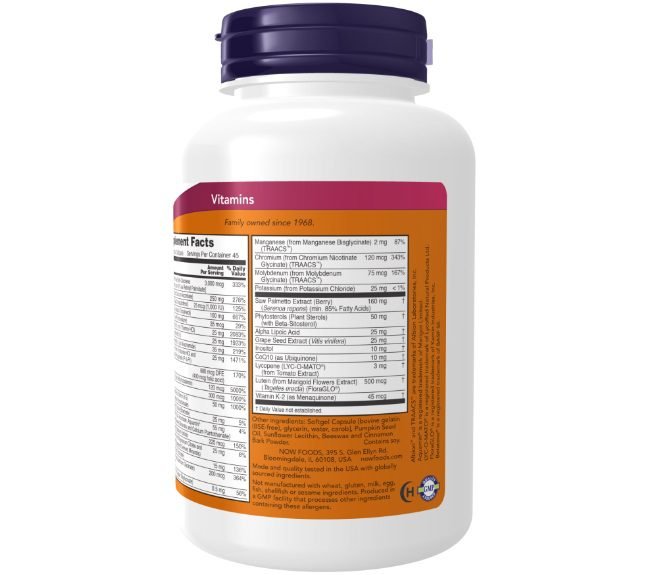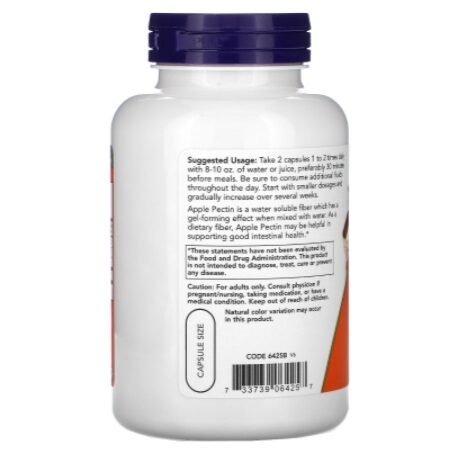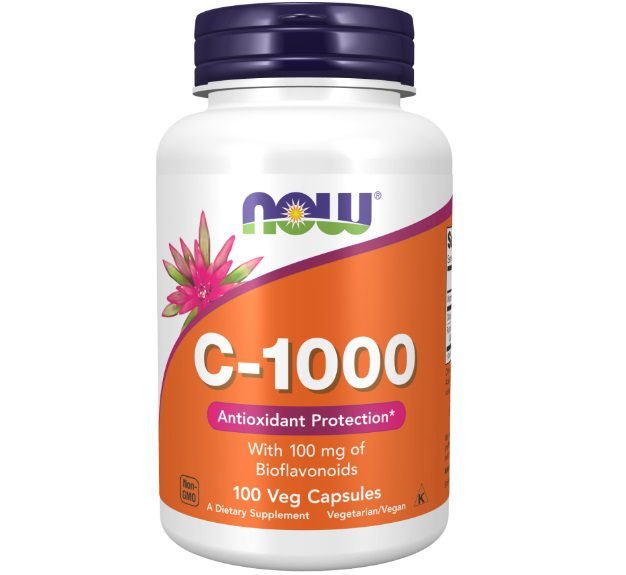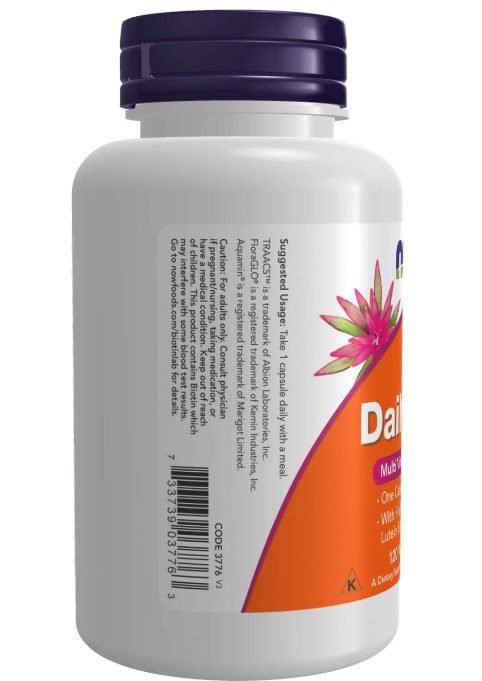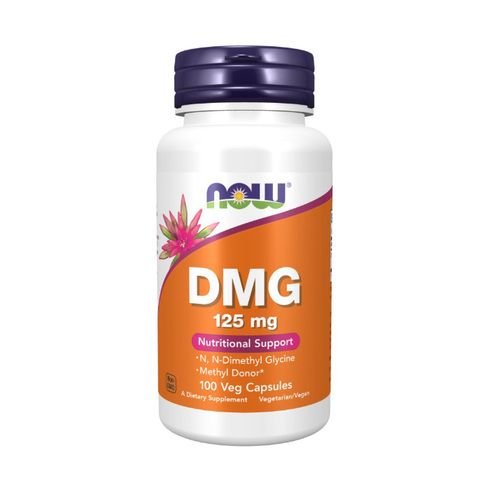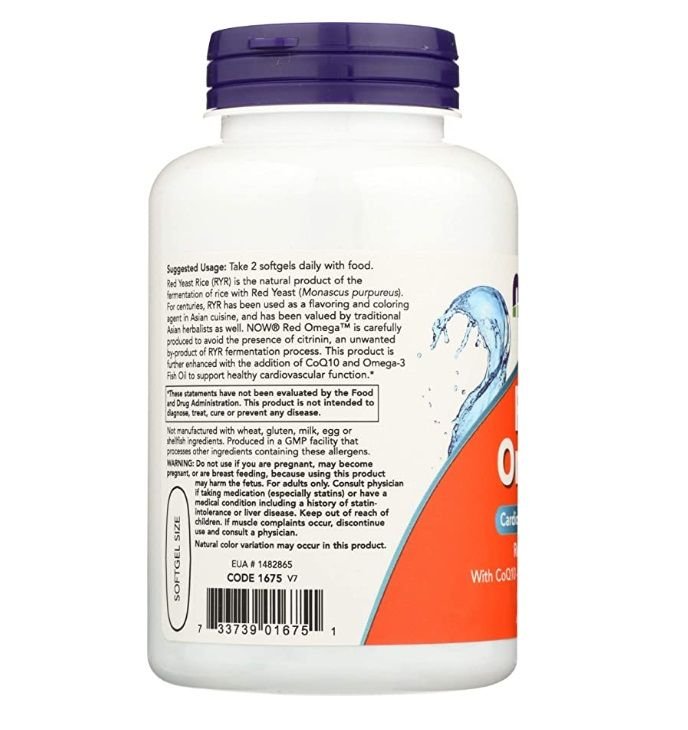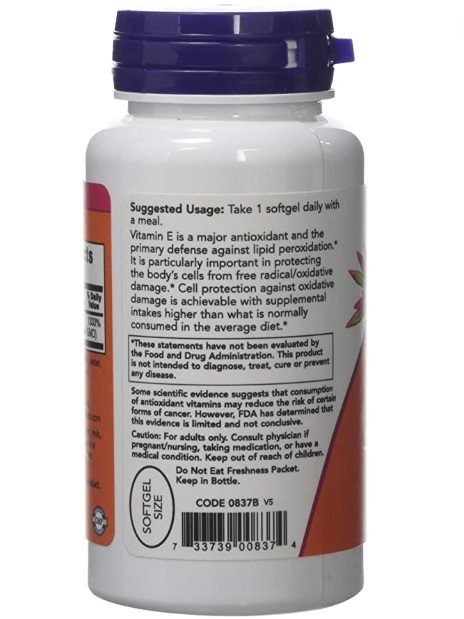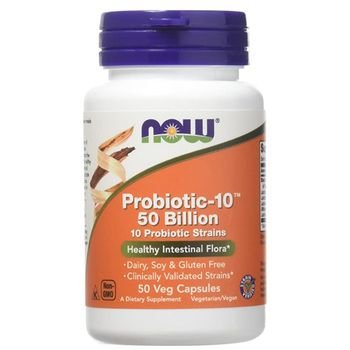
What is the Cause of Arteriosclerosis?
Ischemic heart disease, a common medical diagnosis, is often misunderstood as a heart disease caused by anemia. As everyone knows, anemia is caused by too thin blood, which is caused by poor quality blood supplying the whole body; ischemia is localized, referring to A narrowing or narrowing of a part of a blood vessel so that the blood supply to that area is insufficient. Another medical diagnosis of ischemic heart disease is “coronary heart disease”. The two are collectively called coronary ischemic heart disease. According to the World Health Organization, ischemic heart disease is the number one killer in the world, and stroke ranked second, and arteriosclerosis causes these two diseases.
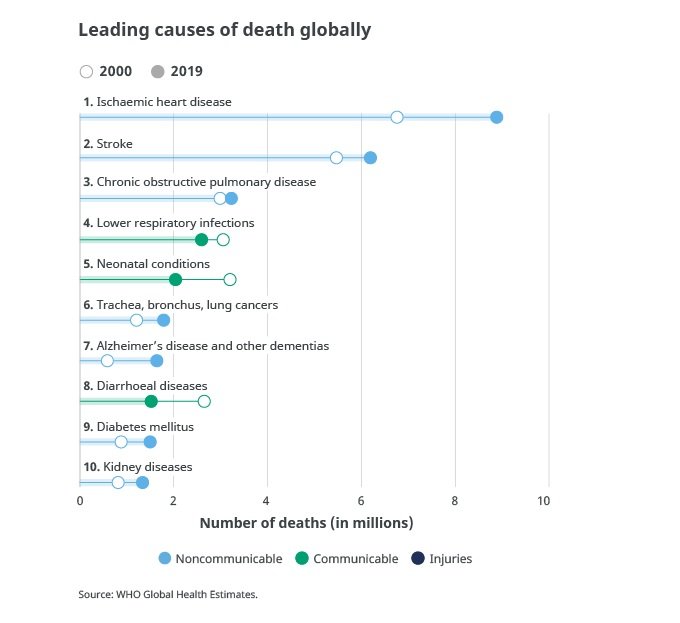
Stroke, myocardial infarction, these terrible diseases, which often cause severe disability to the patient, may directly lead to sudden death! And the hidden factors which caused these serious consequences are probably arteriosclerosis! Studies have pointed out that atherosclerosis, one of the hardening of the arteries, has a 30% chance of causing a heart attack and a 25% chance of causing a stroke, and there may be no symptoms before causing serious disease. Professional doctors warn: Arteriosclerosis is known as the “silent killer”. Patients are usually difficult to detect, and it is often discovered that there is arteriosclerosis after serious diseases. Be careful of this invisible killer!
Arteries are responsible for delivering nutrients to all parts of the body. At first, arteries are elastic. However, as the blood vessels age, they gradually lose their elasticity and become stiff, causing various substances to deposit inside the blood vessels, resulting in blockage and narrowing of the blood vessels, and poor blood circulation. This is the so-called “arteriosclerosis”. And when the symptoms of arteriosclerosis are severe, it may cause blood vessel blockage and cause more health problems.
There are Three Types of Arteriosclerosis:
-
- Atherosclerosis
In this type, the large arteries are hardened and narrowed. The arterial wall is composed of three parts, which are intima, media, and adventitia from inside to outside. If the intima of large arteries, such as cerebral arteries, aorta, and coronary arteries, accumulates cholesterol, fat and other substances, it will A gooey porridge-like substance, called atherosclerosis, may form. Blood vessels will be blocked by this substance, narrowing the channel through which blood can flow, causing health hazards. - Medial sclerosis
The media of the arteries will calcify due to the accumulation of calcium, making the media stiff and fragile, which will easily cause the rupture of the vessel wall. Such symptoms are prone to occur in major arteries, lower extremity arteries, and carotid arteries. - Arteriolosclerosis
Small arteries in the brain, kidneys and other organs may harden due to long-term high blood pressure and other reasons, making blood flow difficult.
- Atherosclerosis
Symptoms of Arteriosclerosis
Arteriosclerosis may have the following symptoms:
-
- Occurs in coronary arteries: causing symptoms such as angina pectoris and myocardial infarction.
-
- Occurs in the brain: Insufficient blood flow to the brain causes symptoms such as headache, dizziness, unilateral weakness, and acute stroke.
-
- Occurs in the feet: maybe ischemic necrosis, and amputation is required to save life.
Arteriosclerosis is Mostly Asymptomatic
The following risk factors may increase the risk of arteriosclerosis:
-
- Hyperlipidemia: Abnormal blood lipids include high triglycerides and high cholesterol, which are generally considered to be the main cause of arteriosclerosis.
-
- Diabetes: High blood sugar may accelerate systemic arteriosclerosis, and may also cause complications such as high blood pressure and hyperlipidemia.
-
- High blood pressure: Long-term high blood pressure will gradually harden the blood vessels in the body, making the blood vessels narrower and narrower, and relatively higher blood pressure is required to transport blood, resulting in a vicious circle.
-
- Obesity: easily lead to hyperlipidemia, high blood pressure, diabetes and other diseases, and accelerate arteriosclerosis.
-
- Smoking and drinking: Smoking can make blood vessels unhealthy, and alcohol can easily cause hyperlipidemia, diabetes, obesity and other problems.
-
- Lack of exercise: Lack of exercise can cause fat accumulation, which can easily lead to obesity.
-
- Genetics: Genetics is a major cause of hyperlipidemia and high blood pressure.
Atherosclerosis Causes Disease
Arteriosclerosis is a silent killer. It is difficult to detect symptoms in the early stage, so that we tend to ignore the dangers brought by arteriosclerosis. Hardening of the coronary arteries of the heart, cerebral arteries, and aorta, respectively, may lead to the following serious diseases:
-
- Angina (angina pectoris)
Narrowing of the coronary arteries, resulting in poor blood flow to the heart muscle, temporarily starving the heart of oxygen. It will cause sudden chest pressure, dull pain and other symptoms, which may last for about ten minutes.
- Angina (angina pectoris)
-
- Myocardial infarction
If the coronary arteries are blocked, preventing blood from flowing smoothly to the heart, the cells in the heart may be starved of oxygen and die. It will cause symptoms such as sudden cold sweat, nausea, vomiting, severe chest pain, and even the possibility of sudden death.
- Myocardial infarction
-
- Cerebral arteriosclerosis
It may cause cerebral infarction, which refers to the blockage of blood vessels in the brain, resulting in hypoxia and necrosis of brain cells. Symptoms such as unilateral paralysis, speech impairment, double vision, and dizziness to the point of being unable to walk are produced.
- Cerebral arteriosclerosis
-
- Arteriosclerosis
The aorta is a thick blood vessel directly connected to the heart, which is responsible for transporting the blood output from the heart. If arteriosclerosis occurs, it is easy to cause a large aneurysm. Large aneurysms are usually asymptomatic, but rupture can cause severe pain, massive bleeding, and possible sudden death.
- Arteriosclerosis

Arteriosclerosis Prevention
Since arteriosclerosis is often asymptomatic, it is difficult for us to detect serious complications before it occurs. We can only try our best to cultivate good living habits to reduce the probability of occurrence. The following is the main ways of prevention:
-
- Regular diet:
Eat on time every day, three meals a day is appropriate, and eat a balanced diet, do not eat a partial eclipse or eat too much, and don’t forget to take in dietary fiber.
- Regular diet:
-
- Moderate exercise:
mainly aerobic exercise such as walking, swimming, water walking, gymnastics, etc., choose exercises that are not too difficult, and persist to achieve the effect of preventing arteriosclerosis.
- Moderate exercise:
Related Article :
Top 6 Foods to Lower Your Bad Cholesterol
The Best Fruit To Avoid Heart Disease
Reference
Book Recommodation For Cardiovascular Diseases
Supplement For Cardiovascular Diseases
-
Benefit of Vitamin C & Bioflavonoids
- Enhance immune function, prevent colds It can help white blood cells fight bacteria and viruses and enhance immunity.
- Promote wound healing It is a nutrient required for collagen production. Collagen is an important component of connective tissue, which can maintain a tight arrangement between cells and promote skin wound healing.
- Whitening, anti-aging, skin health.
- Anti-cancer, antioxidant.
- Delay the occurrence of cataracts.
- Prevent cardiovascular disease.
-
1. Maintain Heart Health
2. Treat Mental Illness
3. Help Lose Weight
4. Support eye health
5. Relieve rheumatoid arthritis symptoms
6. Maintain skin health
7. Helps baby vision and hand-eye coordination
8. Reduce liver fat
9. Improve symptoms of depression
10. Improve ADHD in children
11.Improve memory in the elderly
12. Improve asthma symptoms and allergy risk
13. Improve bone health -
Benefit of Vitamin E
- Reduce the oxidation of unsaturated fatty acids
- Helps maintain cell membrane integrity
- Antioxidant
- Improve skin and blood cell health
- Helps reduce free radical production
- Improve your chances of getting pregnant
- Maintain youthful energy
- Maintain health
- Stay away from sensitive conditions
- Promote circulation in the body
- Regulate physiology
- Good for female fertility
-
- Helps maintain the normal secretion of thyroid hormones.
- Helps maintain normal growth, development, neuromuscular function.
- Regulates cellular oxidation.
- Improves cognitive memory function (under stress)
- Benefits phenylketonuria
- Good for depression
- Benefits schizophrenia
- Improves narcolepsy/narcolepsy
- Can improve human immune function.
- Can prevent cancer and fight cancer.
- Can protect the heart muscle.
- Protects the liver.
- Is an antioxidant.
- Can be involved in the treatment of diabetes.
- Protects and repairs cells.
- Improve vision and prevent eye diseases







